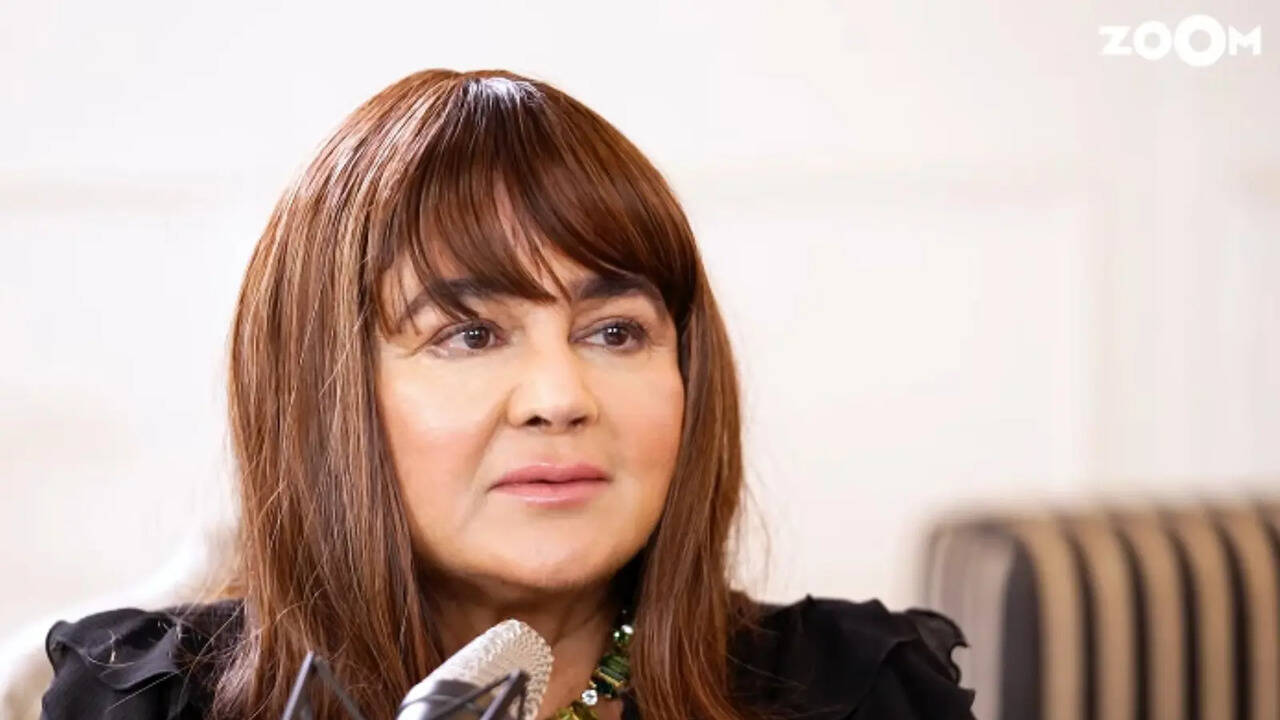Entertainment
Alisha Chinai Exposes Payment Issues After Kajra Re’s Success

Alisha Chinai, a prominent figure in Indian pop music, has revealed that she was significantly underpaid for her iconic song “Kajra Re,” featured in the film *Bunty Aur Babli*. In an exclusive interview on *Spotlight Sessions* with Zoom, the veteran playback singer expressed her disappointment over the compensation she received from Yash Raj Films (YRF).
Chinai stated, “They still underpaid me for Kajra Re after my success.” Her comments highlight a longstanding issue in the music industry regarding fair compensation for artists. Despite her established career and the song’s immense popularity, she felt undervalued.
Unfair Compensation and Industry Challenges
In the interview, Chinai shared that she was paid only Rs 15,000 for her work on “Kajra Re.” She recalled her reaction upon receiving the cheque, saying, “Knowing full well that it was Yashraj, I was like, okay. When the check came, I was like, Hello?” This shocking revelation underscores the disparity between an artist’s value and their remuneration, especially in a high-profile project.
Chinai further expressed her discontent regarding YRF’s payment practices. “I didn’t accept the cheque; they kept sending it back,” she explained. Reflecting on her younger self, she admitted, “I was a bit young at the time, and to be honest, not politically correct. I probably just said what I felt and just blurted it out.” Her candidness sheds light on the pressures artists face in the industry, where financial negotiations often overshadow artistic contributions.
Beyond her personal experiences, Chinai addressed broader issues within the music industry, including her battles with what she termed the “music mafia.” She discussed the need for artists to advocate for their rights, particularly in the face of sexual harassment and the ongoing struggle for fair royalties.
A Call for Change in the Music Industry
Chinai’s comments resonate with many artists who have faced similar challenges regarding compensation and recognition. Her journey, including hits like “Made in India,” has established her as a leading voice in Indian pop music, yet her experiences reflect a systemic problem that many in the industry continue to confront.
As the conversation around fair pay and the treatment of artists gains momentum, Chinai’s reflections serve as a poignant reminder of the need for change. Her willingness to speak out may inspire others to address these issues, ultimately leading to a more equitable environment for all musicians.
In sharing her story, Alisha Chinai not only highlights her own experiences but also invites a broader discussion about the value of artists in the music industry. As she noted, “I was hurt. I felt like, don’t they have any value for a singer?” Her call for recognition and fair treatment is a crucial step in advocating for the rights of artists worldwide.
-

 World5 months ago
World5 months agoSBI Announces QIP Floor Price at ₹811.05 Per Share
-

 Lifestyle5 months ago
Lifestyle5 months agoCept Unveils ₹3.1 Crore Urban Mobility Plan for Sustainable Growth
-

 Science4 months ago
Science4 months agoNew Blood Group Discovered in South Indian Woman at Rotary Centre
-

 World5 months ago
World5 months agoTorrential Rains Cause Flash Flooding in New York and New Jersey
-

 Top Stories5 months ago
Top Stories5 months agoKonkani Cultural Organisation to Host Pearl Jubilee in Abu Dhabi
-

 Sports4 months ago
Sports4 months agoBroad Advocates for Bowling Change Ahead of Final Test Against India
-

 Science5 months ago
Science5 months agoNothing Headphone 1 Review: A Bold Contender in Audio Design
-

 Top Stories5 months ago
Top Stories5 months agoAir India Crash Investigation Highlights Boeing Fuel Switch Concerns
-

 Business5 months ago
Business5 months agoIndian Stock Market Rebounds: Sensex and Nifty Rise After Four-Day Decline
-

 Sports4 months ago
Sports4 months agoCristian Totti Retires at 19: Pressure of Fame Takes Toll
-

 Politics5 months ago
Politics5 months agoAbandoned Doberman Finds New Home After Journey to Prague
-

 Top Stories5 months ago
Top Stories5 months agoPatna Bank Manager Abhishek Varun Found Dead in Well









